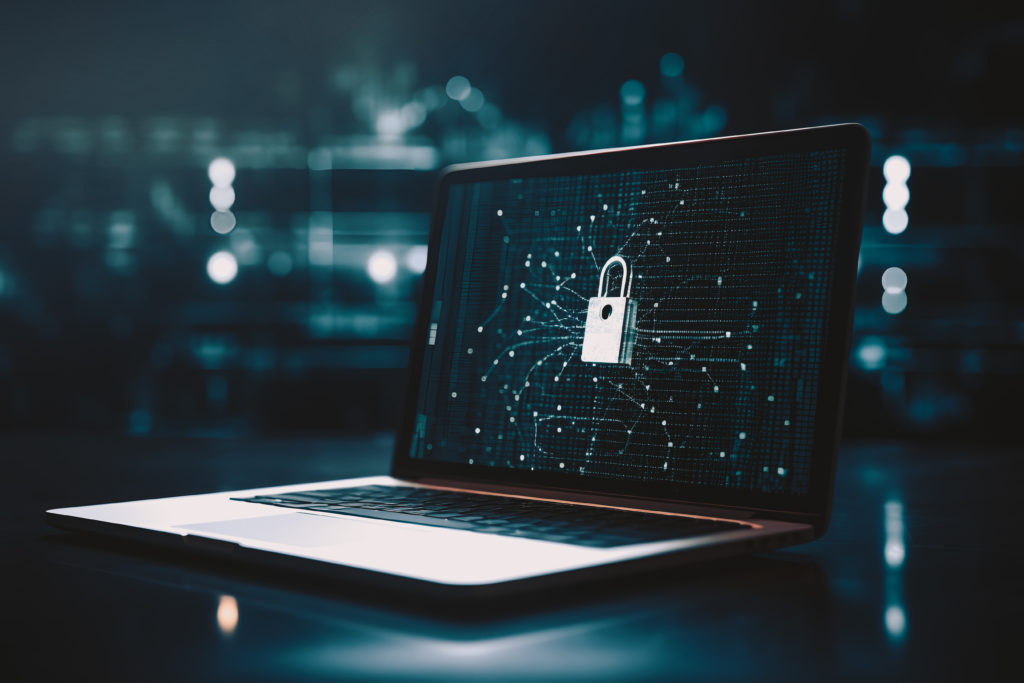VPN Security: How Does Encryption Work?
Information is the lifeblood of our interconnected world, ensuring the privacy and security of our online activities. With cyber threats lurking around every virtual corner, protecting sensitive data has evolved into a necessity.
This is where Virtual Private Networks (VPNs) come into play, offering a shield against prying eyes. At the core of a VPN’s protective prowess lies encryption – a complex yet vital process that safeguards your digital communications.

In this article, we’ll delve into the world of VPN security, unravel the intricacies of encryption, and understand how this technology solves the problem of online vulnerabilities.
Online Vulnerabilities and Data Insecurity
In the expansive realm of the internet, the convenience of accessing information, connecting with friends, and conducting business comes hand in hand with risks.
Every time you send an email, make an online purchase, or log in to your social media accounts, you’re transmitting sensitive information that could potentially be intercepted and exploited by malicious actors.
Hackers, government agencies, ISPs, and even advertisers can track your online activities, compromising your privacy and leaving you vulnerable to cyberattacks like identity theft, financial fraud, and unauthorized surveillance. This glaring problem demands an effective solution.
The High-Stakes Game of Digital Espionage
Imagine a scenario where you’re working remotely, sipping coffee at a local café, and accessing your company’s confidential documents via public Wi-Fi. A cybercriminal at a nearby table is intercepting your data packets, deciphering your passwords, and gaining unauthorized access to your corporate network. The consequences could be catastrophic – sensitive company data falling into the wrong hands, potential financial losses, and irreparable damage to your professional reputation. This isn’t just a figment of imagination; it’s a stark reality for countless individuals and organizations.
As technology evolves, cyber threats become more sophisticated. Malware can infiltrate your devices, ransomware can hold your data hostage, and phishing attacks can trick you into revealing your personal information.
The internet, once envisioned as an open, democratic space, has turned into a battleground for digital espionage. The urgency to find a way to secure our online interactions has never been greater.
The Power of Encryption
Enter Virtual Private Networks, or VPNs, as the defenders of your digital fortress. At the heart of a VPN’s security architecture lies encryption, a process that transforms your data into an unreadable format during transmission, rendering it useless to anyone without the decryption key.
Let’s unravel the encryption process and understand how it works to address the problem of online vulnerabilities:
1. Data Encryption: Locking Your Digital Information
When you connect to a VPN, your data undergoes a two-step encryption process.
First, it’s encrypted at your device using strong algorithms. This initial encryption encapsulates your data in a secure envelope that’s virtually impossible to open without the correct decryption key. This ensures that even if someone intercepts your data packets, they won’t be able to understand the information within.
2. Tunneling: Shielding Your Data During Transit
Once your data is encrypted, it’s then transmitted through a secure tunnel to the VPN server. This tunneling process adds an extra layer of protection, preventing any potential eavesdroppers from intercepting your data as it traverses the internet.
The VPN server acts as a middleman, receiving your encrypted data, decrypting it using a special key, and then forwarding it to its intended destination. This severing of the direct link between your device and the target server ensures that your data remains hidden from prying eyes.
3. Server-Side Encryption: Safeguarding Your Destination
When your data arrives at the VPN server, it’s once again encrypted before being sent to its final destination, whether it’s a website, email server, or any other online service.
This additional encryption step ensures that your data remains protected even after it leaves the VPN server, making it nearly impossible for anyone to intercept or decipher your information.
4. Decryption: Unveiling the Message
Upon reaching its destination, your data is decrypted using the proper decryption key. This final step takes your encrypted data and transforms it back into its original, readable form. This process ensures that the recipient – be it a website, a colleague, or a server – can access and utilize the information you’ve transmitted.
In essence, encryption creates a formidable barrier that shields your data from potential threats at every step of its journey. Even if hackers manage to intercept your data, they’ll be met with an insurmountable wall of scrambled characters, rendering your information useless without the decryption key.
Conclusion
The digital landscape is rife with potential pitfalls, but with the power of encryption, VPNs stand as a resilient defense against data vulnerabilities.
By transforming your information into an indecipherable code and safeguarding it throughout its journey, encryption ensures that your online activities remain private, secure, and beyond the reach of cybercriminals and invasive entities.
In a world where personal privacy is increasingly under siege, the role of encryption in VPNs is nothing short of revolutionary. It empowers individuals and organizations to regain control over their digital interactions, enabling them to surf the internet, exchange information, and conduct business with confidence.
So, the next time you connect to a VPN, take a moment to appreciate the complex yet elegant dance of encryption happening behind the scenes – the guardian that stands between your sensitive data and the vast, sometimes perilous expanse of the internet.